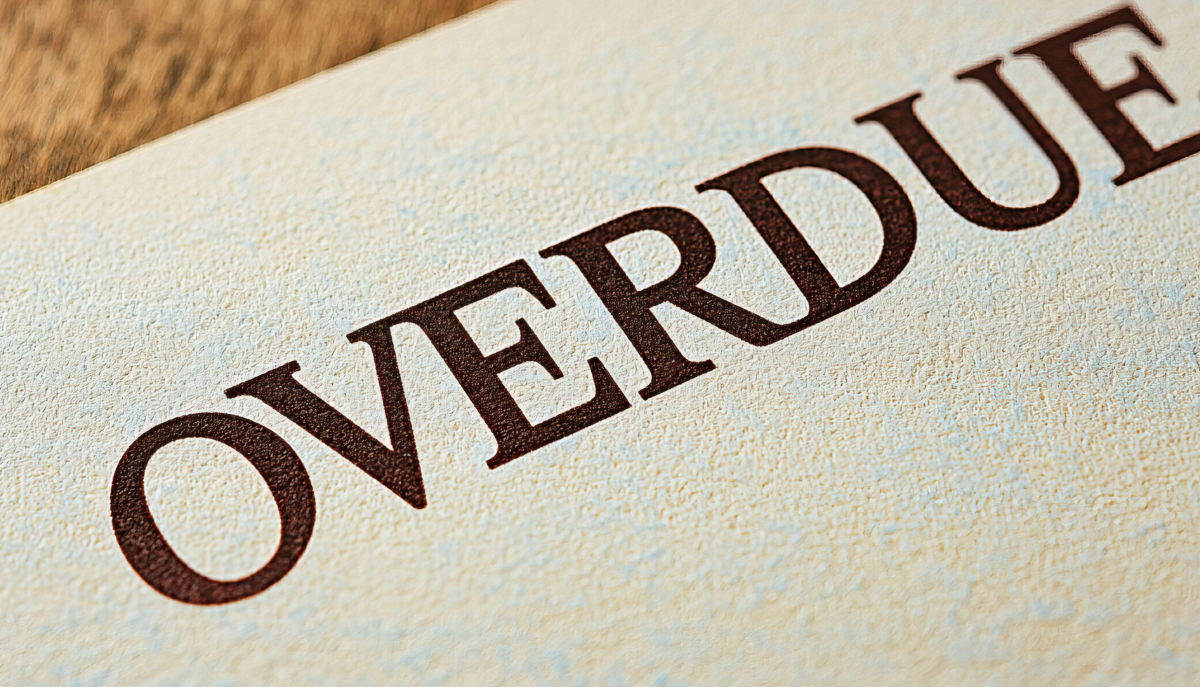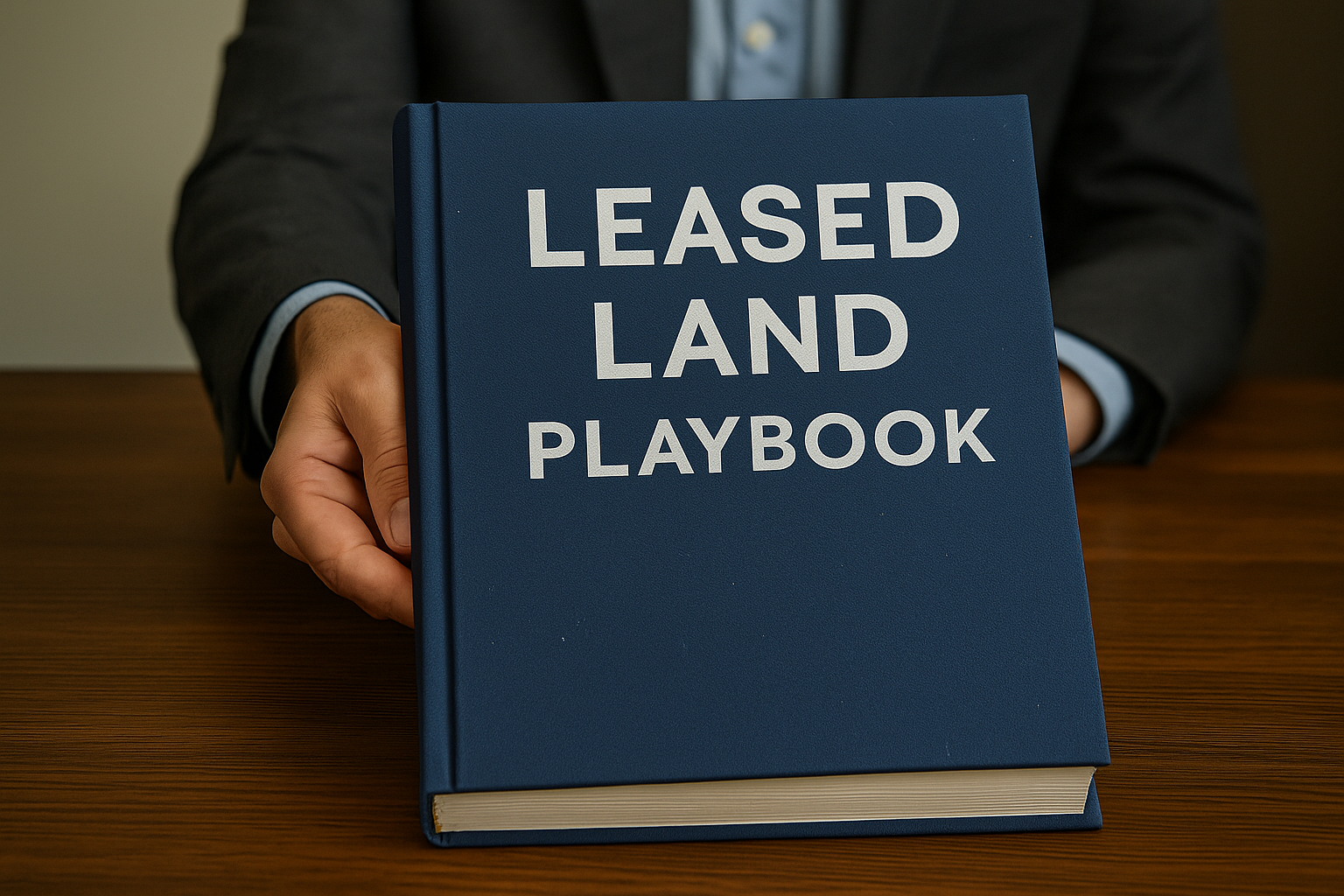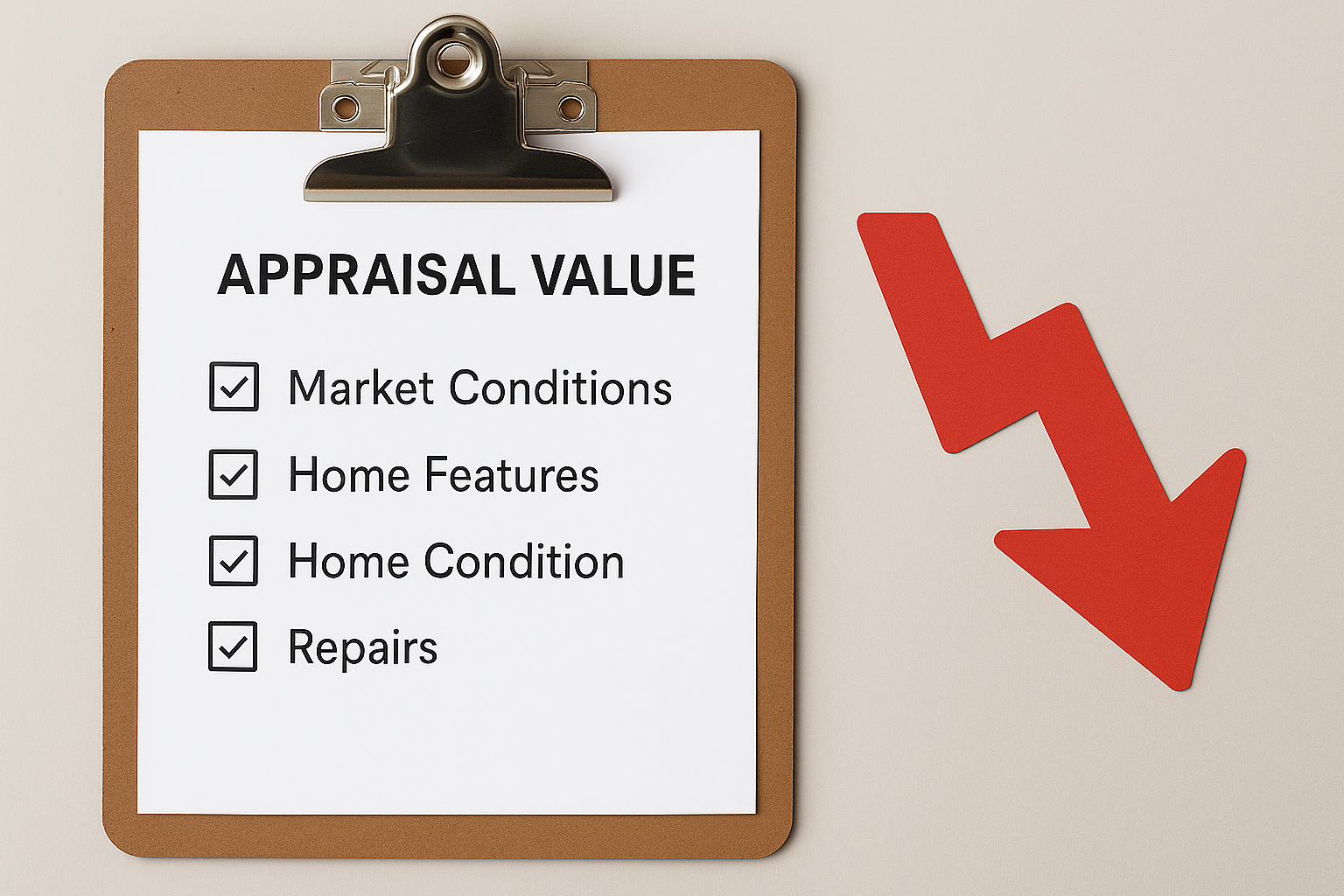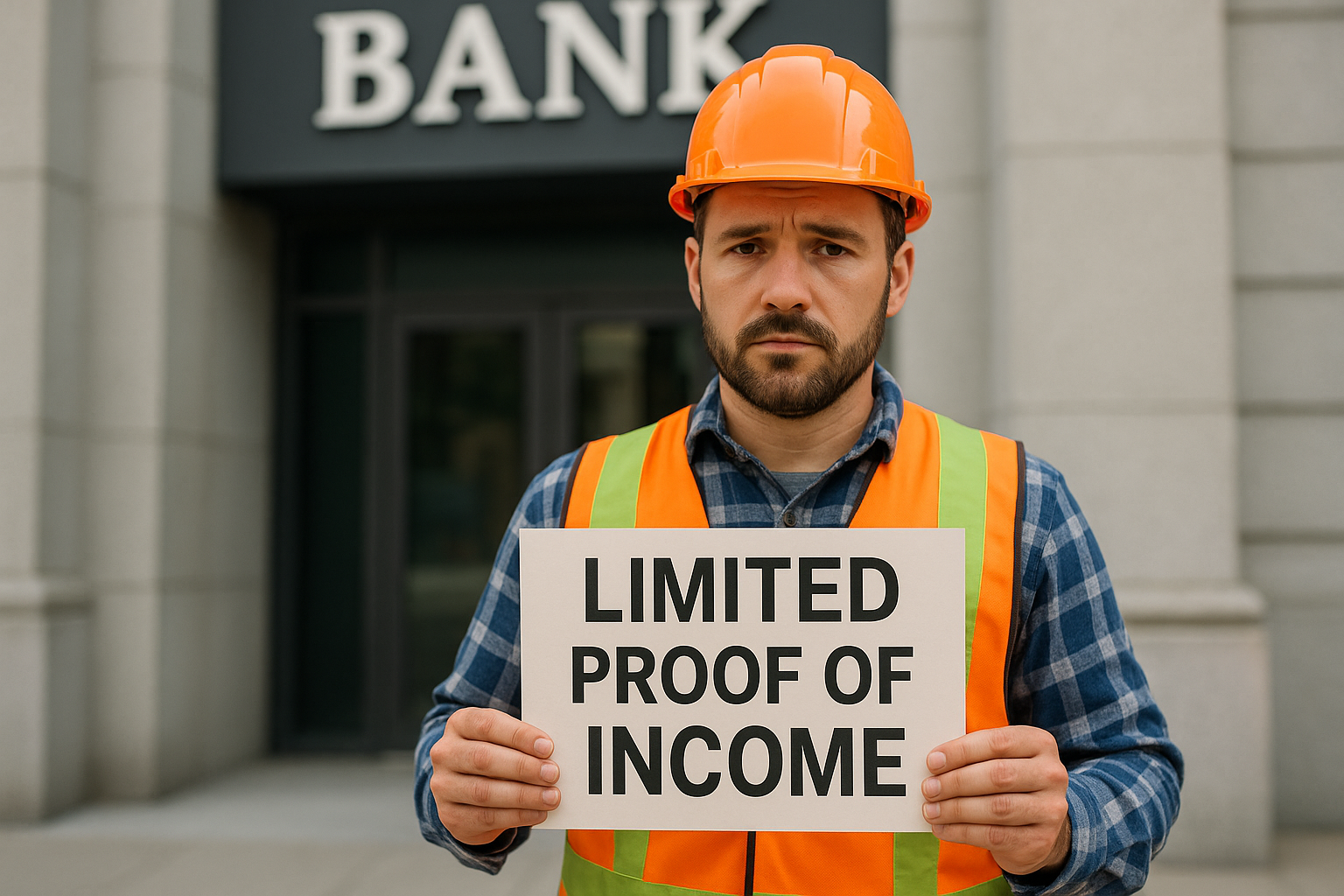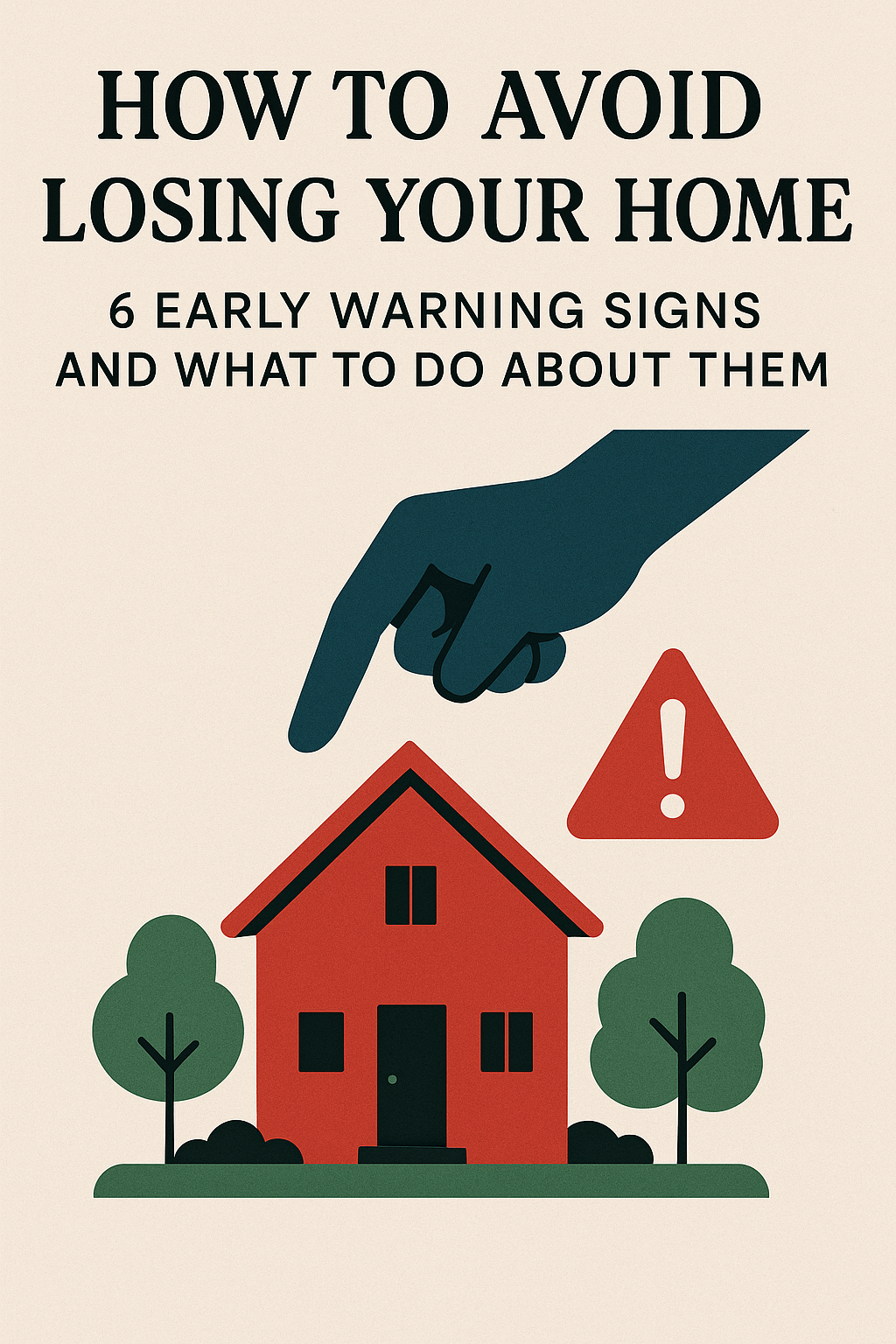Millions of Canadians rely on their homes not just for shelter but as a cornerstone of their financial health. But what happens when you can’t pay your mortgage anymore? Life events like job loss, rising expenses, divorce, or unexpected illness can make even the most manageable mortgage feel like a mountain.
If you’re worried about missed payments, lender collections, or arrears piling up — know that you’re not alone. This guide explains what to do when you can’t pay your mortgage, how to protect your credit and home, and what realistic options you have in Canada to regain financial control.
Table of Contents
ToggleUnderstanding Mortgage Delinquency and Arrears in Canada
If you’ve missed one or more mortgage payments, your account is considered delinquent. After 90 days or more, you’re officially in arrears. The lender may start collection efforts or move toward legal action such as foreclosure or power of sale — depending on the province.
According to the Canadian Bankers Association, the national mortgage arrears rate in late 2023 was approximately 0.15%, but in areas like Saskatchewan and Alberta, it’s significantly higher. With interest rates and inflation still affecting household budgets, more homeowners are finding themselves unable to pay their mortgage on time.
Key takeaway: Falling behind doesn’t mean you’ve lost your home. But the sooner you act when you can’t pay your mortgage, the more options you have.
Signs You’re Heading Toward Mortgage Trouble
Knowing when you’re at risk helps you act early. You might be heading toward mortgage trouble if:
-
You’ve missed a payment or two and can’t catch up
-
You’re relying on credit cards or payday loans to pay bills
-
You’ve received a Notice of Sale or demand letter
-
Your income has dropped, but expenses are rising
-
You’ve maxed out your HELOC or credit line
These signs don’t mean it’s too late — they mean it’s time to take action.
What to Do When You Can’t Pay Your Mortgage
1. Contact Your Lender Immediately
Don’t wait for collection calls. As soon as you know you can’t pay your mortgage, call your lender. Most lenders in Canada have departments that deal with financial hardship. They may offer:
-
Payment deferrals for short-term challenges
-
Interest-only payments for a few months
-
Mortgage restructuring or a loan modification
-
Capitalization of missed payments into your principal
The worst thing to do is avoid the problem. Lenders prefer working with you rather than foreclosing — it costs them time and money, too.
2. Refinance to Lower Payments or Access Equity
If you still have equity in your home, refinancing could help you get back on track. Consider:
-
Refinancing your mortgage to a lower interest rate or extended amortization
-
Switching lenders for a better offer or interest-only product
-
Using a home equity loan to consolidate debt and cover arrears
At LendToday, we help Canadians in tough financial spots find private lenders or B-lenders who are more flexible than banks, especially if you’ve missed payments or have bad credit.
Free consultations are available to chat about your situation and what your options are.
3. Explore Second Mortgage Options
Even if your main mortgage is in good standing or only slightly behind, a second mortgage can provide the cash flow you need to:
-
Pay off existing arrears
-
Avoid foreclosure or power of sale
-
Clear high-interest debts
Private second mortgages are especially helpful when you have equity but can’t qualify with traditional lenders due to income or credit challenges. They offer a temporary solution to help you overcome financial challenges while getting back on track.
4. Consider Selling Before You Fall Too Far Behind
While this article focuses on solutions when you can’t pay your mortgage, selling can still be a valid option if refinancing or second mortgages aren’t available.
You might consider selling if:
-
You have substantial equity but no way to maintain payments
-
The market is still favourable in your area
-
You want to downsize or rent temporarily
Selling before the lender forces a power of sale means you control the process, can negotiate the price, and may walk away with some equity intact.
What Happens If You Keep Missing Payments?
Once you’re in serious arrears, your lender may:
-
Send your account to a lender collections department
-
Issue a Notice of Sale or Demand Letter
-
Initiate legal proceedings to recover the loan
In provinces like Ontario, a lender can start the power of sale process as soon as 15 days after default. That means you may only have a few weeks to act.
Pro Tip: A mortgage professional can help negotiate with your lender or find fast financing to stop a power of sale. Contact LendToday for Help
Canadian Example
Ray & Simran – Brampton, Ontario
When Ray lost his job during a company layoff, the couple quickly fell behind on their $2,400 monthly mortgage. After three missed payments, they received a Notice of Sale. With only two weeks before their lender moved to sell their home, they contacted LendToday.
They arranged a second mortgage of $75,000 with the help of their mortgage broker based on their home’s $650,000 value. It covered arrears, legal costs, and gave them a few months of breathing room while Ray got back to work.
Today, they’re back on track — and still in their home.
Alternatives to Consider When You Can’t Pay Your Mortgage
Here’s a quick comparison of available solutions:
| Option | Best for | Pros | Considerations |
|---|---|---|---|
| Payment deferral | Short-term hardship | Easy to apply for | Increases future payments |
| Refinancing | Sufficient equity | Lower rate or cash out | May need appraisal or legal work |
| Second mortgage | Homeowners in arrears | Fast access to funds | Higher interest |
| Selling | High equity, long-term hardship | Stops foreclosure | You lose the home |
| Consumer proposal | Unsecured debt issues | Stops collection calls | Damages credit |
| Bankruptcy | Last resort | Clears unsecured debt | May lose your home |
Understanding Power of Sale in Canada
Power of Sale is a legal process in Canada that allows a mortgage lender to sell a property without going through the court system, typically after a borrower has defaulted on their mortgage payments. This process usually begins after 3 months (or 90 days) of missed mortgage payments, though the timeline may vary depending on the lender and province. Once a borrower is in significant arrears, the lender may issue a Notice of Sale, warning the homeowner of their intention to sell the property to recover the mortgage debt.
It’s important to note that lenders don’t want to take this step — they would much rather the mortgage be brought back into good standing or paid out in full through refinancing, repayment, or a home sale initiated by the borrower. Power of Sale can result in additional legal costs, stress, and credit damage for the homeowner, which is why acting early when you can’t pay your mortgage is so important. Solutions like second mortgages or working with a professional to negotiate with the lender can help stop the process before it reaches that point.
How to Prepare for a Mortgage Review
If you’re applying for a new loan or second mortgage after missed payments, here’s what lenders might ask for:
-
2 pieces of formal valid ID
-
Mortgage statement (most recent)
-
Property tax bill (most recent)
-
Utility bills (x2)
-
Proof of income or job loss (paystubs, T4s and job letter)
-
Home insurance
-
Explanation of financial hardship
Frequently Asked Questions
What if I already missed 3+ mortgage payments?
You still have options. Contact your lender or a mortgage specialist like LendToday to discuss refinancing or a second mortgage before power-of-sale proceedings begin.
Can I get help if I have bad credit?
Yes — we work with clients who have bruised or poor credit. As long as you have equity, we can often find a solution.
Will missing payments affect my credit score?
Yes, missed payments are reported to credit bureaus and can lower your score significantly. However, taking action quickly (refinancing, repaying arrears) can help you recover faster.
Do I need an appraisal?
In many cases, yes — it helps determine your home’s value so lenders can calculate equity. At LendToday, we help clients manage appraisal costs and timelines.
Can I still stop a foreclosure once it starts?
In many cases, yes. Until the home is sold, there’s usually time to repay arrears or refinance. Acting quickly is key.
What fees should I expect?
Legal fees, lender fees, appraisal fees, and interest may apply depending on the solution. A professional will walk you through costs upfront.
Don’t Wait — Take Action When You Can’t Pay Your Mortgage
The sooner you take action when you can’t pay your mortgage, the more solutions you’ll have to avoid collections, preserve equity, and protect your future. While facing mortgage arrears can seem overwhelming, life happens, and its best to stay ahead of things before its too late.
At LendToday, we’ve helped thousands of Canadian homeowners access fast, reliable mortgage solutions — even with arrears, poor credit, or financial hardship.
- Low Appraisals: Steps Canadian Homeowners Can Take - June 27, 2025
- What Loan Does Not Require Proof of Income in Canada in 2025 - June 23, 2025
- How to Avoid Losing Your Home: 6 Early Warning Signs and What to Do About Them - June 20, 2025
